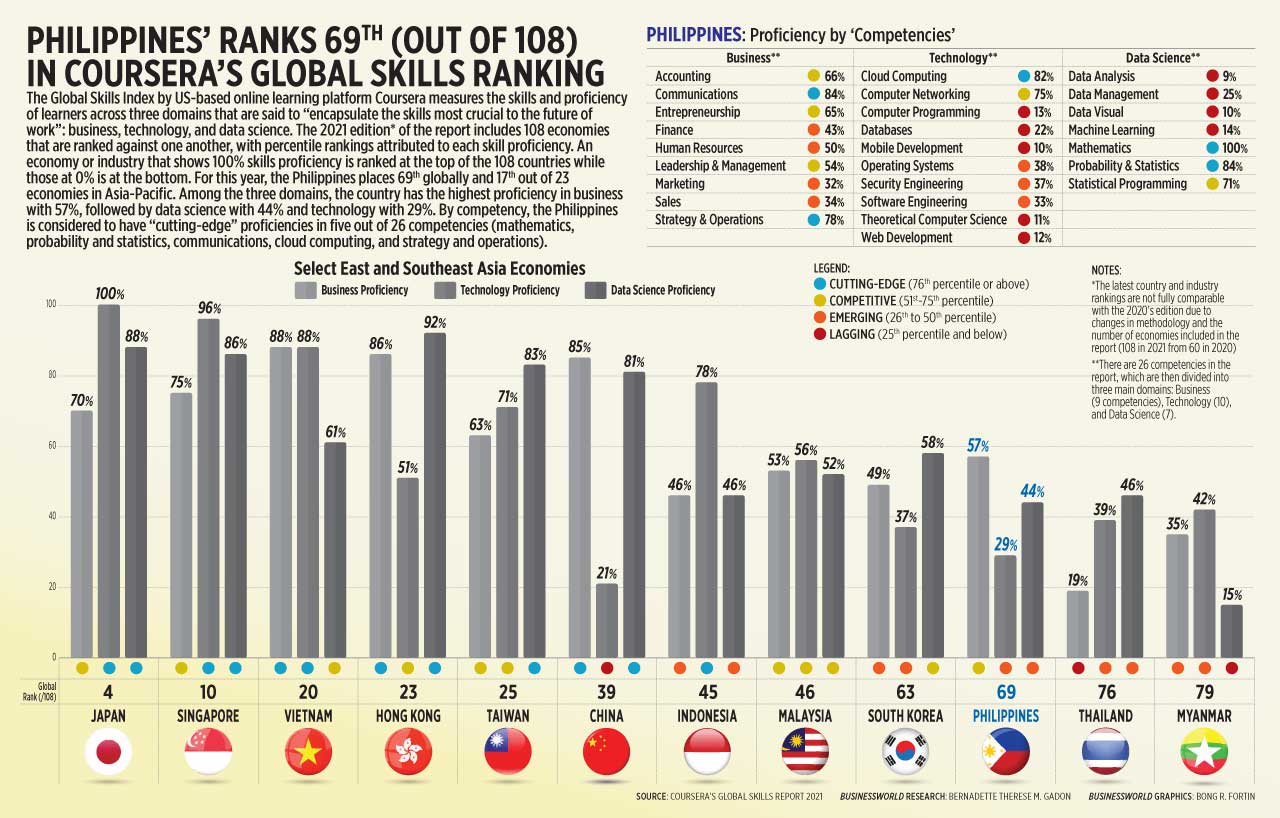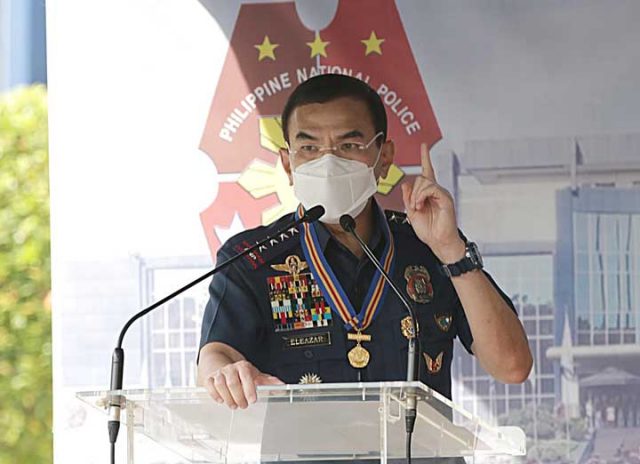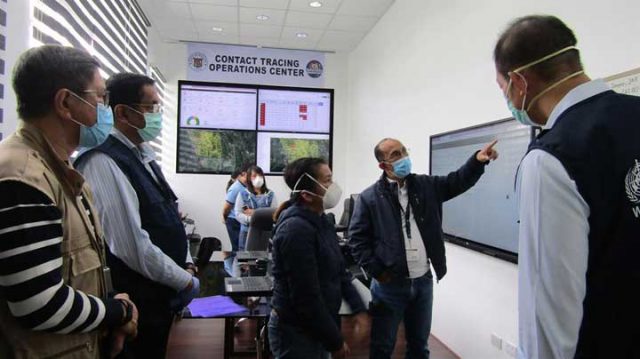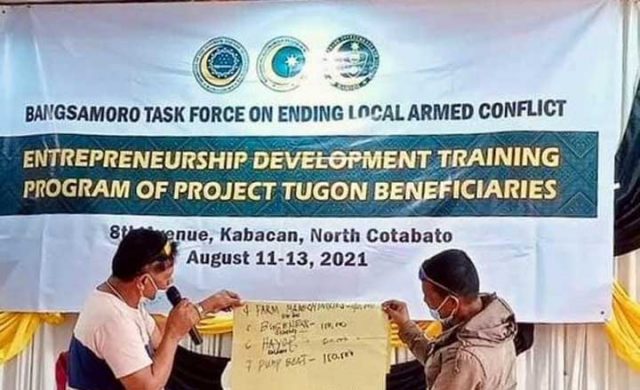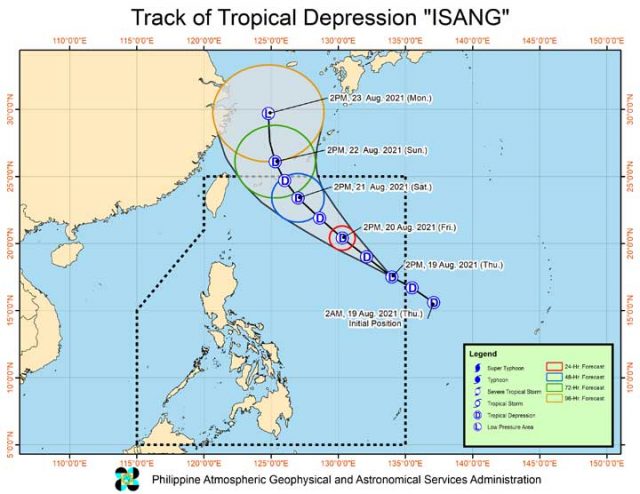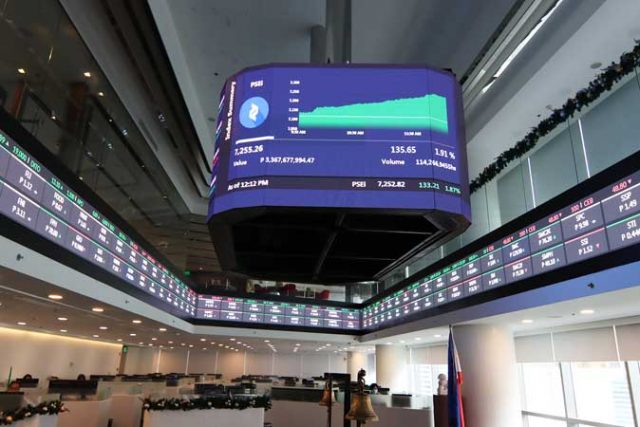Wrong application of paternalistic management
The president and general manager (P/GM) who is also the owner of a small enterprise was interviewed by a group of human resource (HR) management students doing their thesis about paternalistic management. When pressed for examples on how the company is practicing paternalistic management, the P/GM says he allows minimum wage earners to perform regular and daily overtime (OT) work to augment their income. Do you agree with this? — White Linen.
There are millions of employed people in this country who are not working. Fortunately, they’ve got jobs. Now, imagine if you could stretch their working hours beyond regular office hours. What would be the effect? The answer is poor productivity, which is often a sign of bad governance.
There is no known cure if the P/GM believes in the paternalistic style of management. Of course, company owners can do whatever they want. But such mindsets are so entrenched that we may be oblivious to their many disadvantages. Byelbo
Exactly what do we mean by paternalistic management? “It is based on fatherly benevolence combined with strong discipline and authority,” according to management professors Ekin Pellegrini and Terri Scandura. “It has been described as benevolent dictatorship and negatively received by much of the Western management literature available.
“Views on paternalistic leadership imply that managers take an interest in the personal lives of workers and look out for their personal well-being.”
A good example of paternalistic management is the case of Japan, where the seniority system and lifetime employment used to be the norm. Japanese management would give almost everything to their employees in exchange for their undying loyalty and hard work, even at the expense of their family life, to the extent that they can’t afford to job hop.
THREE EXAMPLES
To answer your question on whether regular overtime work is a good example of paternalistic management, my answer is no. If the intent of the P/GM is to improve the take net home pay of the workers, then surely, there are many ways to do just that other than allowing workers to perform regular OT.
It is even counterproductive as regular OT work promotes laziness among workers who can always fall back on completing their assigned tasks beyond normal hours. Allowing people to do regular OT work also entails additional expenses like increased usage of electricity, gas, water, and internet connection, as well as the need for security guards on the premises.
So, if the P/GM is not aware of these mistakes, it may be a sign of a lack of fitness to remain as the head of that organization, owner or not. The best solution is for the owner to retain the post of president and relinquish the job of day-to-day operations to a professional general manager who can make paternalism acceptable.
If you’re asking for some examples, then the organization may consider the following measures:
One, rationalize the company’s pay and benefits structure. This entails performing a job evaluation and creating a dynamic salary structure, starting with the minimum wage as the entry level for the grade one classification. This is to ensure all workers are paid in accordance with an internal pay equity system and at the same time keep the company competitive in the industry. Also, this is done to manage the turnover rate and keep the workers highly motivated.
Two, establish a dynamic employee training program. British billionaire Richard Branson is right: “Train people well enough so they can leave, treat them well enough so they don’t want to.” It follows the same principle of providing an appropriate education to our children so they can learn how to fish on their own. Corollary to this, your line managers must play a key role in creating a dynamic learning environment in and out of the classroom.
Last, implement a strict policy on promotion from within. If there’s one way to motivate employees, it’s to have an objective system that gives current employees first priority in filling up vacated posts. If your organization continues to hire externally, the implications are that your management and line executives have failed in their mandate to train the workers.
MEASUREMENT
If you can’t measure, you can’t manage. Regardless of your company’s management style, you can’t go wrong by constantly measuring its effectiveness and efficiency via the impact on the bottom line. So, how do you measure your people management programs?
What value-added proposition are you bringing to the organization that increases the benefit to the employees so that they become highly motivated to perform the highest level customer satisfaction? These are some questions that your P/GM should answer, with the help of the HR department, assuming that it’s not led by a “yes” man. Otherwise, HR must take its share of the blame for the debacle of perpetuating regular OT work if it can’t find a solution that makes paternalistic management beneficial to the organization.
ELBONOMICS: The solution is found in the same place where the problem was created.
Have a chat with Rey Elbo via Facebook, LinkedIn, or Twitter or send an anonymous workplace questions or feedback to elbonomics@gmail.com or via https://reyelbo.consulting

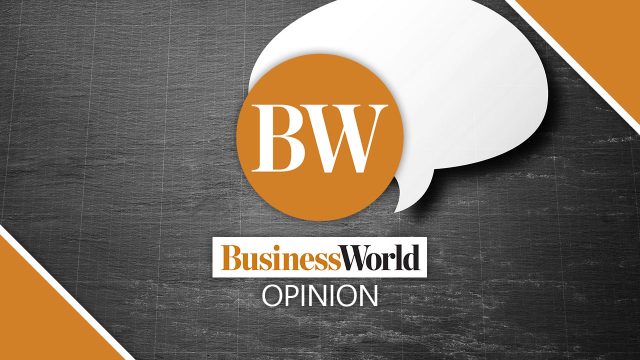


![210820Future_Skills-[1280web]](https://www.bworldonline.com/wp-content/uploads/2021/08/210820Future_Skills-1280web-640x409.jpg)
